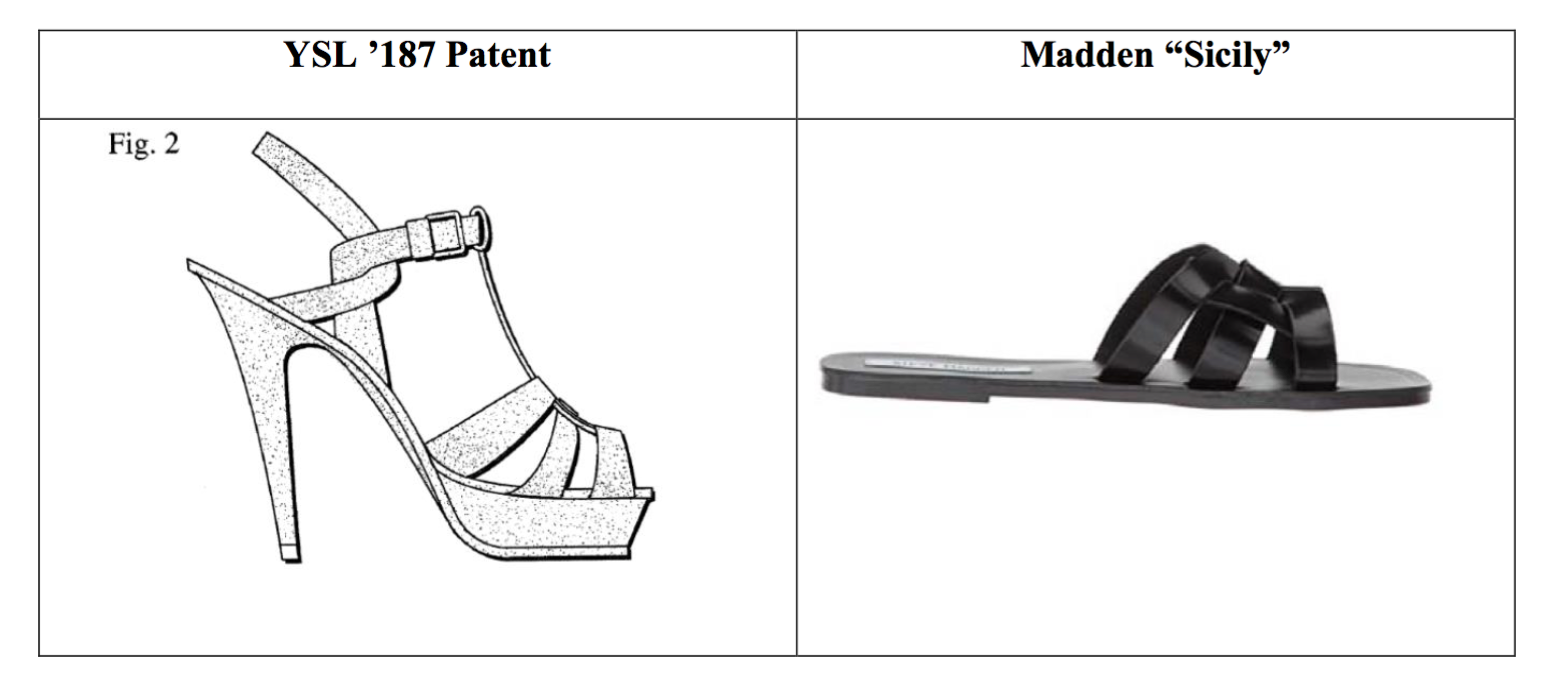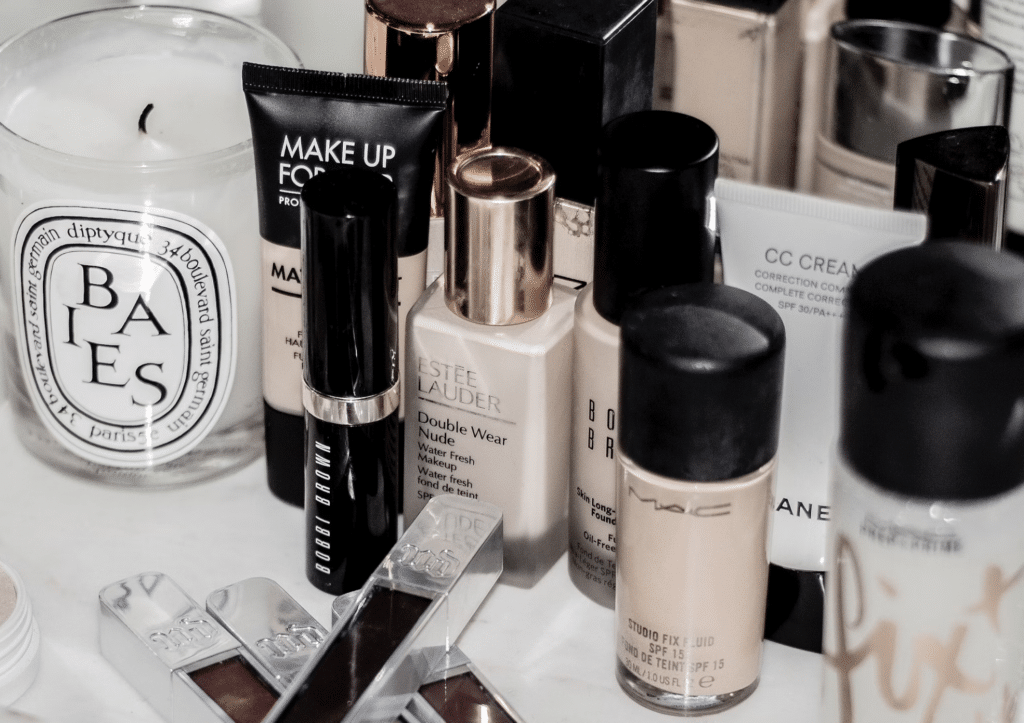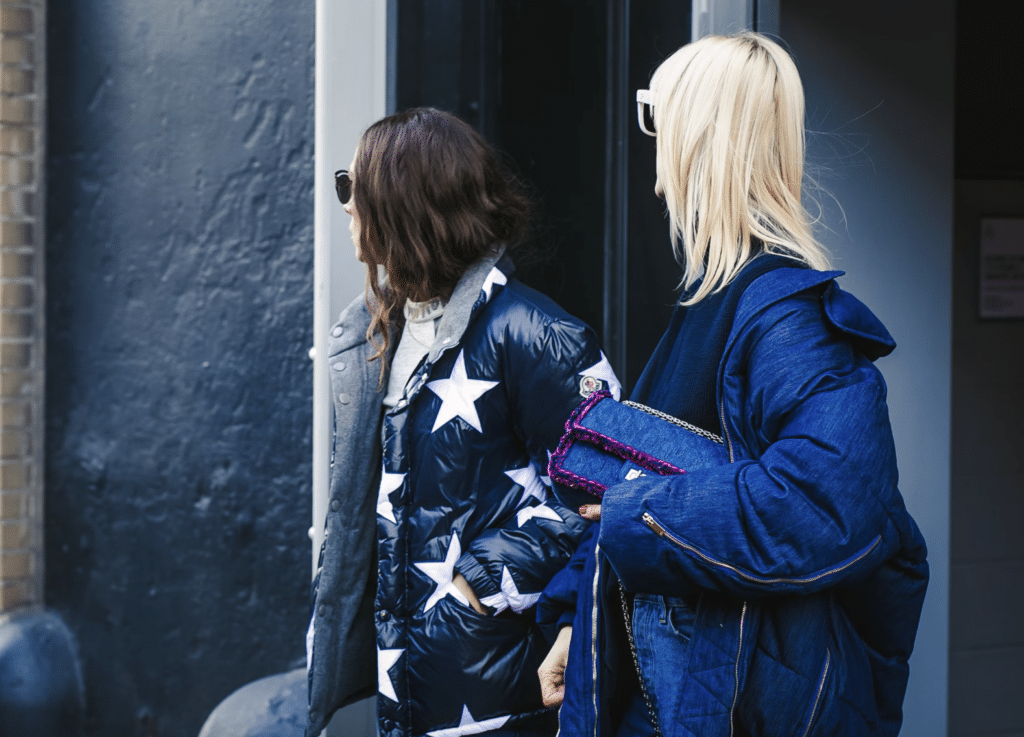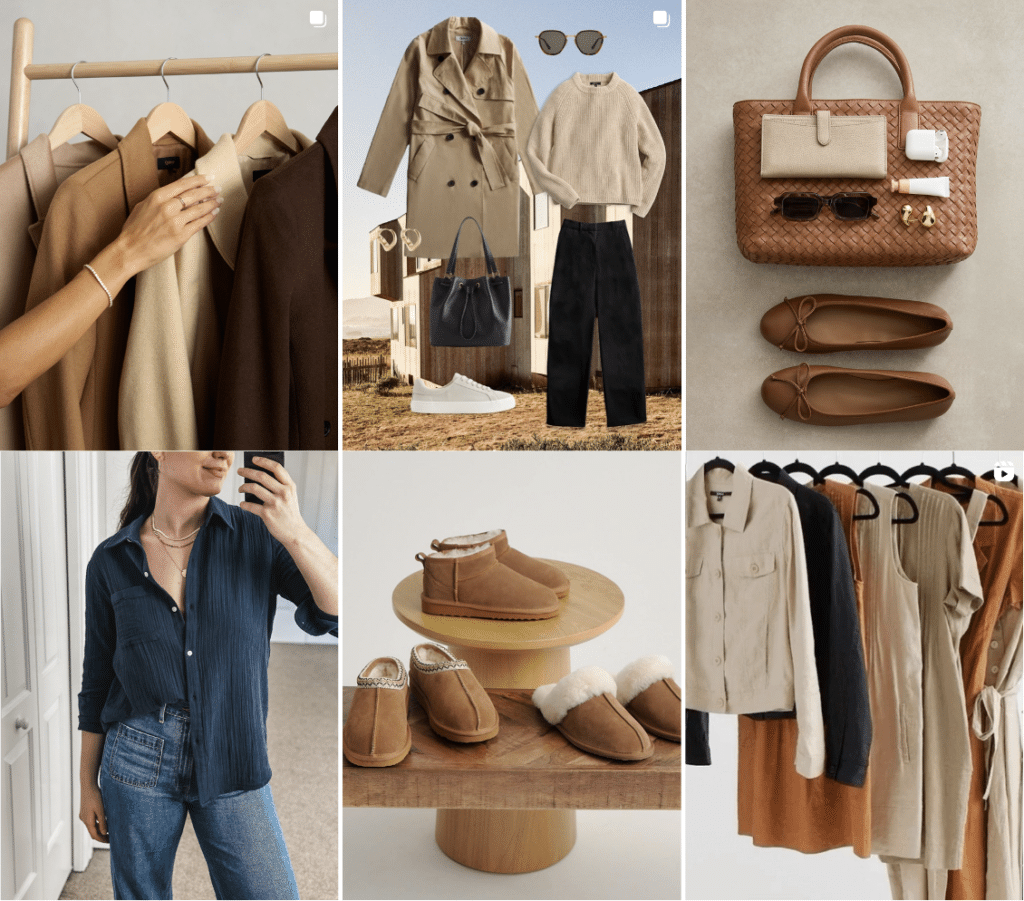Steve Madden has scored a preliminary win in its fight against Yves Saint Laurent. “This case concerns fashion knock-offs,” Judge Valerie Caproni of New York’s Southern District Court stated this week in connection with the trade dress and design patent infringement matter before she tossed out two of YSL’s counterclaims against Madden, whose copycat versions of the enduringly popular YSL Tribute sandals run afoul of the law, according to the Paris-based brand.
The two parties ended up in a New York federal court in August 2018 after Steve Madden filed suit against YSL, telling the court that it and “at least 13 of [its retail partners]” had been hit with cease and desist letters from YSL’s counsel for allegedly selling patent and trade dress infringing versions of YSL’s Tribute shoes. Instead of quietly pulling the shoes at issue from its shelves, Steve Madden filed suit, asking the court to declare that its allegedly infringing footwear is legally above-board, and calling out YSL’s threats of litigation as “a bad faith attempt to stifle legitimate competition in the footwear industry.”
YSL responded with a handful of counterclaims, asserting that at least five Steve Madden shoe styles – including various high-heel styles and the brand’s “Sicily” flats – infringe its design patent for its high-heel Tribute sandal design, as well as its unregistered trade dress rights, which extend to a flat version.
With the ball back in its court in October, Steve Madden asked the court to dismiss all of the YSL’s counterclaims, and as of this week, Judge Caproni sided with the New York-based brand … to an extent. On Wednesday, the judge dismissed YSL’s design patent infringement claim, asserting that Steve Madden’s “Sicily” flat sandal is simply too different from YSL’s patent-protected high heel Tribute to give rise to patent infringement.

According to Judge Caproni’s opinion, “The critical question is whether YSL has plausibly alleged that an ordinary observer would mistake the Madden ‘Sicily’ flat sandal for [YSL’s] high-heeled Tribute sandal.” She determined that “because so many non-trivial components of the ‘Sicily’ sandal … create a visual effect as a whole [that is] different from” YSL’s Tribute shoe, it cannot be inferred that an ordinary observer, intending to purchase the [Tribute] high-heeled shoe would be ‘deceived’ into purchasing Madden’s flat sandal.”
Judge Caproni also took issue with YSL’s claim that the “overall design of the ‘Tribute’ flat sandal” is protected by trade dress, a type of trademark law that extends to the distinctive and non-functional configuration (i.e., the design and shape) of a product itself. The judge decided that “YSL has not adequately alleged that the ‘Tribute’ flat sandal” – as distinct from the Tribute high-heel sandal – “has acquired secondary meaning in the marketplace,” or in other words, that consumers have come to identify the design of the sandal with a single source or brand.
Instead of permanently tossing out the trade dress infringement claim, though, she granted YSL the opportunity to “amend its counterclaim to allege additional facts from which one can infer that the Tribute flat sandal” has acquired the necessary distinctiveness to be protectable as a trade dress. As such, YSL will now have to show that consumers associate the design of the Tribute flat with the YSL brand, which it will attempt to do by presenting a combination of sales figures and advertising expenditures associated with the Tribute flat, examples of third-party media attention to the shoe (including street style and celebrity paparazzi photos), and consumer survey evidence, among other things.
As for YSL’s state law claims of unfair competition, deceptive business practices, and injury to business reputation, those remain intact should the parties end up at trial, although Madden rarely does, often opting, instead, to settle out of court.
* The case is Steve Madden, Ltd., v. Yves Saint Laurent, 1:18-cv-07592 (SDNY).













